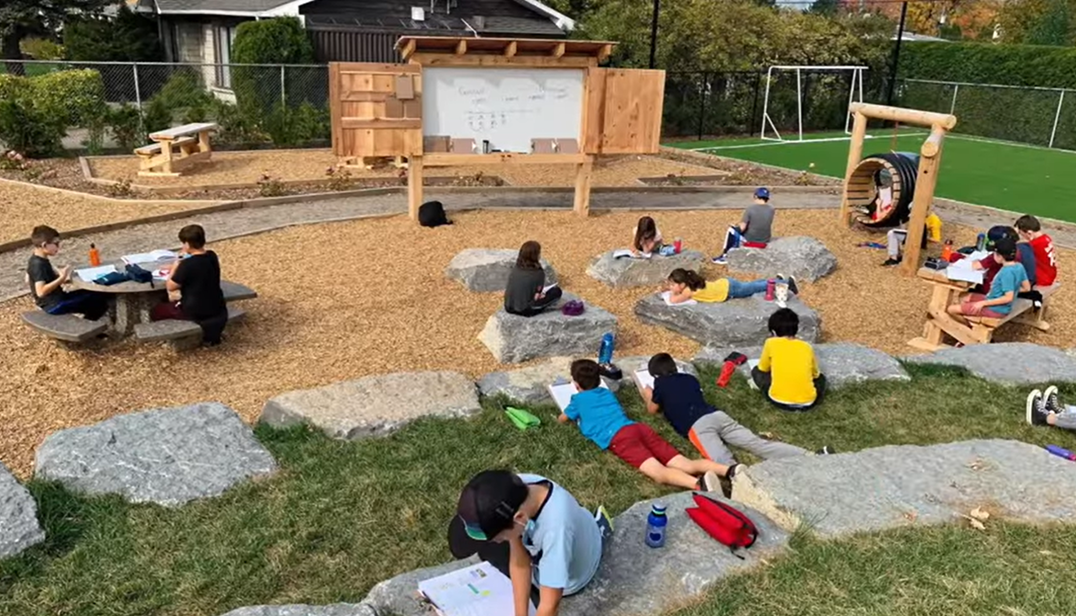Outdoor classes are an innovative way of teaching outside the traditional classroom, bringing additional benefits for children and a new learning experience. Schools, educational institutions, and parents need to work together to allow students to participate in outdoor classes and provide them with a more diverse and inclusive education. In addition, outdoor classrooms can be an excellent option for students with difficulty learning in a traditional classroom setting. There are many ways in which this study format can help the student community. This article will emphasize some of them.
Encourages experiential learning
Outdoor classes foster experiential learning, meaning that students learn through direct interaction with their natural environment and experience firsthand the concepts they are taught, making learning more meaningful and memorable, leading to better retention and understanding of the terms and concepts taught in the classroom.
Improves health and well-being
Outdoor classes allow children to get fresh air and exercise, thus improving their health and increasing students’ well-being. This educational model allows children to move around and naturally explore their environment. Children may feel limited by the space and rules imposed on them in a traditional classroom, while outdoor classrooms offer a larger space and the freedom to move and explore. In addition, contact with nature can reduce stress and anxiety levels, improving students’ emotional states.
Promotes creativity and imagination
Being outdoors helps ideas flow, and imaginations soar, promoting students’ creativity and serving as inspiration, which can lead to greater innovation and critical thinking. Additionally, outdoor classrooms offer a variety of sensory stimulation not found in a traditional classroom, as children can feel the breeze on their skin, hear the sounds of nature, see the bright colors of their surroundings, and smell the aromas of fresh air, helping to stimulate children’s imagination and creativity.
Develops leadership and teamwork skills
Outdoor classes can also help students develop leadership and teamwork skills by working together to plan and carry out outdoor activities, enhancing their ability to collaborate and communicate effectively to achieve a common goal. They may also encounter problems and difficulties in outdoor activities, and these obstacles can allow students to develop problem-solving skills and learn to work together to find solutions.
Encourages respect and appreciation for the environment
These types of classes can also foster respect and appreciation for the natural environment by teaching about the importance of conservation and sustainability and how they, even at a young age, can contribute to protecting the environment. By offering a unique educational experience, students can learn more effectively and experience a deeper connection to nature and the environment.
What did you think of this topic? Do you know another way that outdoor classrooms help the student community?
If you are interested in Outdoor Classrooms, you can contact us by visiting the following link.
